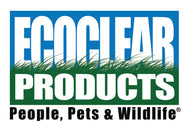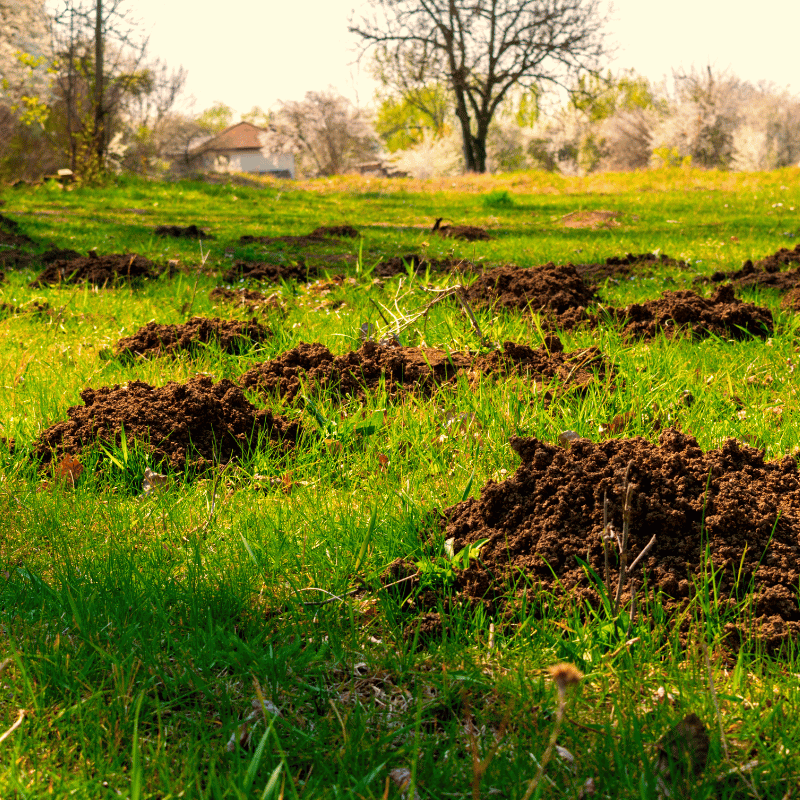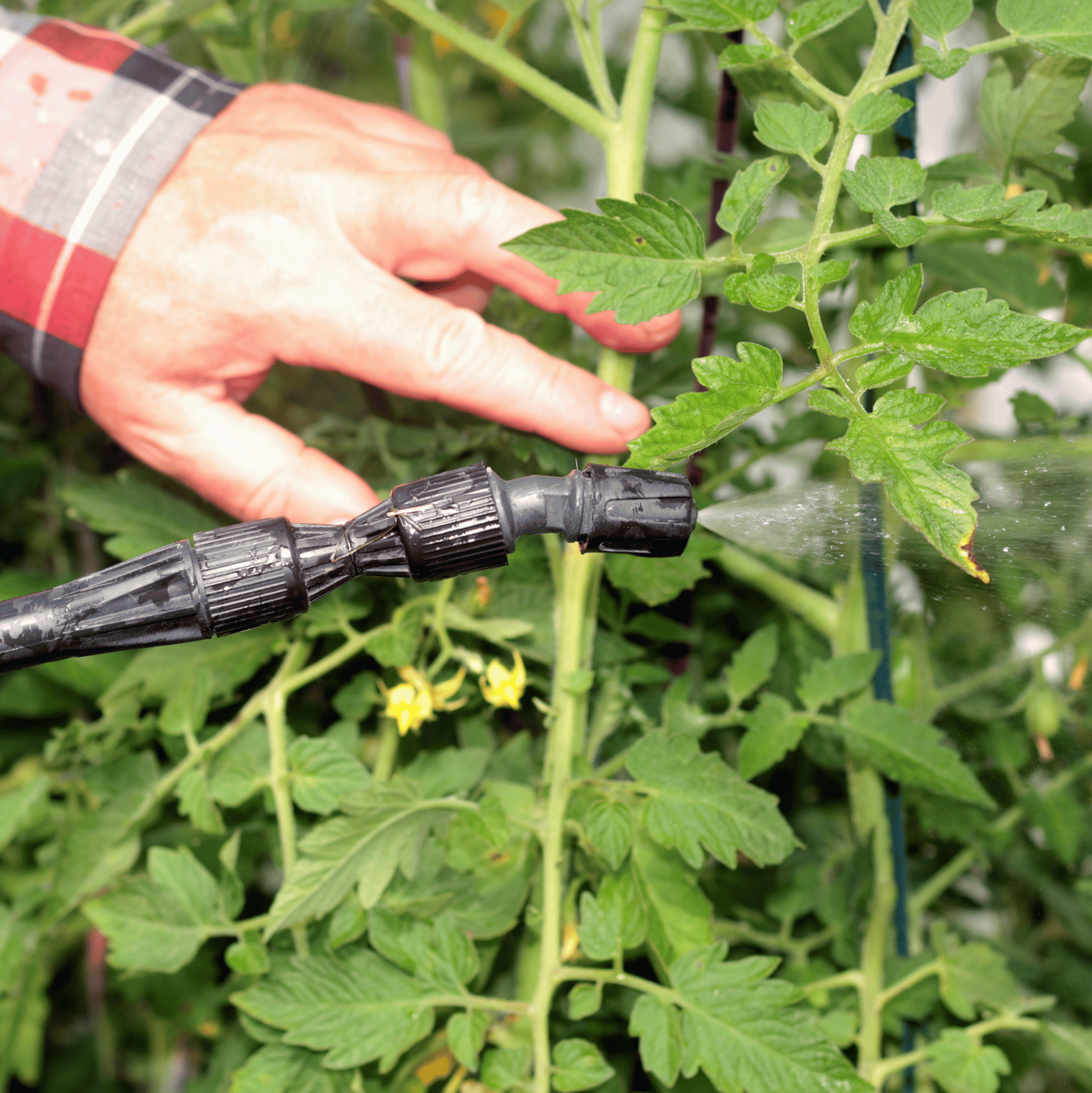Pest control is a crucial aspect of maintaining a healthy and safe living environment. However, the methods and products used to control pests can have significant consequences for the environment. Traditional chemical pesticides, while effective at eliminating pests, often come with a host of negative side effects that can impact wildlife, water sources, and even human health. In contrast, non-toxic alternatives like those offered by EcoClear Products provide a safer and more sustainable solution. This blog will explore the environmental impact of traditional pesticides and highlight the benefits of switching to eco-friendly pest control methods.
The Environmental Impact of Traditional Pesticides
1. Contamination of Water Sources
One of the most significant environmental impacts of traditional pesticides is the contamination of water sources. When pesticides are applied to crops, gardens, or residential areas, they can easily run off into nearby water bodies during rainfall or irrigation. This runoff can carry harmful chemicals into rivers, lakes, and groundwater, affecting aquatic life and potentially making water unsafe for human consumption.
Pesticides in water sources can harm fish and other aquatic organisms by disrupting their reproductive systems, reducing their food supply, and causing direct toxicity. Additionally, contaminated water can affect plants and animals that rely on these water sources, leading to broader ecological imbalances.
2. Harm to Non-Target Species
Traditional pesticides are often broad-spectrum, meaning they are designed to kill a wide range of pests. Unfortunately, this lack of specificity means that beneficial insects, such as bees, butterflies, and ladybugs, are also at risk. These insects play vital roles in pollination, natural pest control, and maintaining healthy ecosystems.
The decline of pollinators like bees due to pesticide exposure has far-reaching consequences for agriculture and biodiversity. Without pollinators, many crops would fail to produce fruit, leading to reduced food supplies and economic losses for farmers. Additionally, the loss of beneficial insects can result in increased pest populations, as natural predators are no longer available to keep them in check.
3. Soil Degradation
Soil health is essential for sustainable agriculture and healthy ecosystems. Traditional pesticides can negatively impact soil health by killing beneficial microorganisms and insects that contribute to soil fertility and structure. These beneficial organisms, such as earthworms and soil bacteria, help break down organic matter, recycle nutrients, and improve soil aeration.
The overuse of chemical pesticides can lead to soil degradation, reducing its ability to support plant growth and retain water. This degradation can result in lower crop yields, increased erosion, and a greater need for chemical fertilizers, perpetuating a cycle of dependency on synthetic inputs.
4. Bioaccumulation and Biomagnification
Many traditional pesticides are persistent in the environment, meaning they do not break down easily and can remain active for long periods. These persistent chemicals can accumulate in the tissues of organisms, a process known as bioaccumulation. When these contaminated organisms are consumed by predators, the chemicals are transferred up the food chain, becoming more concentrated at each trophic level. This process is known as biomagnification.
Bioaccumulation and biomagnification can have severe consequences for wildlife, particularly for top predators like birds of prey and large mammals. These animals can suffer from reproductive issues, immune system suppression, and other health problems due to high pesticide concentrations in their bodies.
5. Human Health Risks
Traditional pesticides can pose significant risks to human health, both for those applying the chemicals and for individuals exposed to residues on food, in water, or through environmental contamination. Short-term exposure to pesticides can cause symptoms such as headaches, dizziness, nausea, and skin irritation. Long-term exposure has been linked to more severe health issues, including cancer, endocrine disruption, and neurological disorders.
Children, pregnant women, and individuals with compromised immune systems are particularly vulnerable to the harmful effects of pesticides. Ensuring the safety of our food supply and living environments requires reducing reliance on hazardous chemicals and adopting safer alternatives.
The Benefits of Eco-Friendly Pest Control
Given the numerous negative impacts of traditional pesticides, the shift towards eco-friendly pest control solutions is essential. EcoClear Products offers a range of non-toxic, environmentally friendly pest control options that provide effective results without the harmful side effects.
1. Safety for Non-Target Species
EcoClear’s products are designed to target specific pests while minimizing harm to non-target species. For example, their rodent control products use active ingredients that specifically affect rodents, reducing the risk to pets, wildlife, and beneficial insects. This targeted approach helps maintain ecological balance and supports biodiversity.
2. Reduced Environmental Contamination
Non-toxic pest control products from EcoClear are formulated to break down naturally in the environment, reducing the risk of water contamination and soil degradation. These products are safe to use around water sources, gardens, and homes, ensuring that the surrounding environment remains healthy and sustainable.
3. Healthier Living Environments
By choosing eco-friendly pest control solutions, homeowners can reduce their exposure to harmful chemicals and create safer living environments for their families. EcoClear’s products are safe to use around children and pets, providing peace of mind and effective pest control without compromising health.
4. Sustainable Agriculture
For farmers and gardeners, using non-toxic pest control methods can improve soil health, enhance crop yields, and reduce dependency on synthetic inputs. EcoClear’s products support sustainable agricultural practices by promoting soil fertility and protecting beneficial organisms.
5. Long-Term Efficacy
Eco-friendly pest control solutions from EcoClear are not only safe but also effective. These products are designed to provide long-term pest control by targeting the root causes of infestations and preventing future problems. By addressing pest issues sustainably, EcoClear helps create a healthier and more resilient environment.
Conclusion
The environmental impact of traditional pesticides is a pressing concern that requires immediate attention. By understanding the negative consequences of chemical pesticides and embracing eco-friendly alternatives, we can protect our ecosystems, water sources, and health. EcoClear Products offers a range of non-toxic pest control solutions that provide effective and sustainable results. To learn more about our products and make the switch to safer pest control, check out our MouseX® and SmokeOUT collections.



